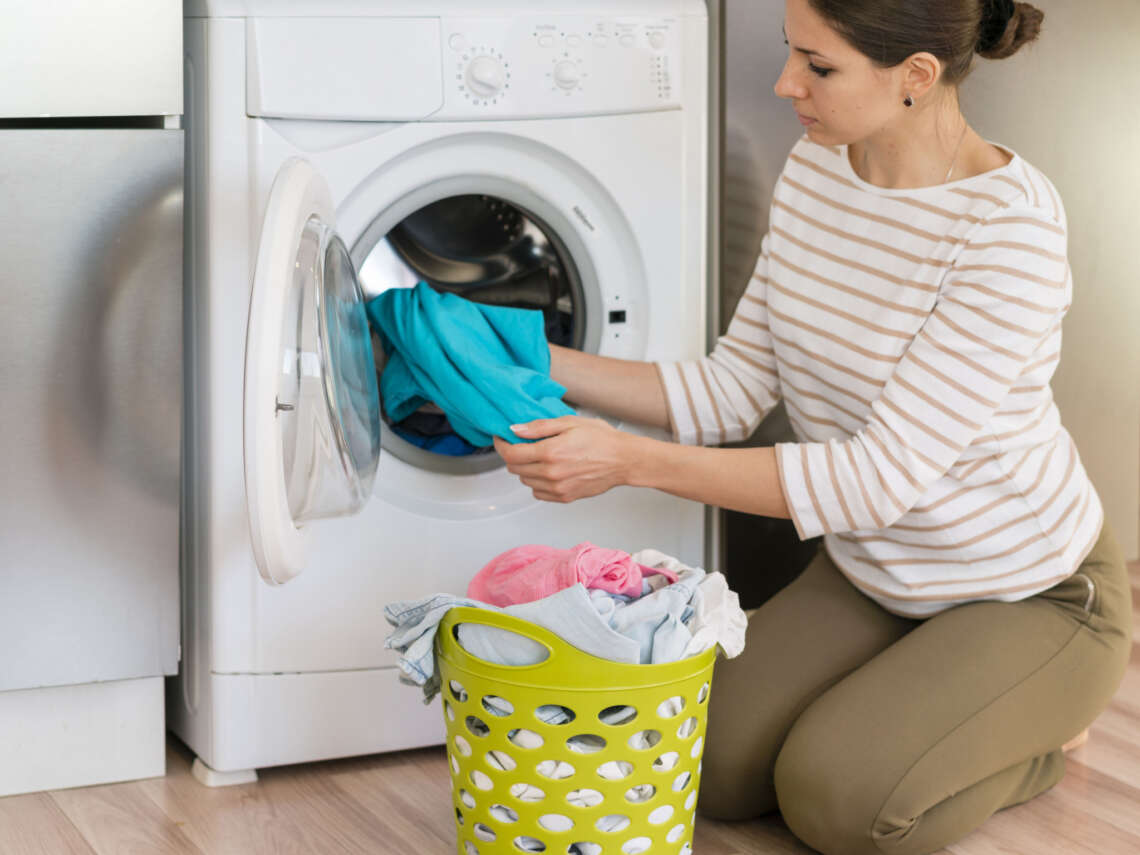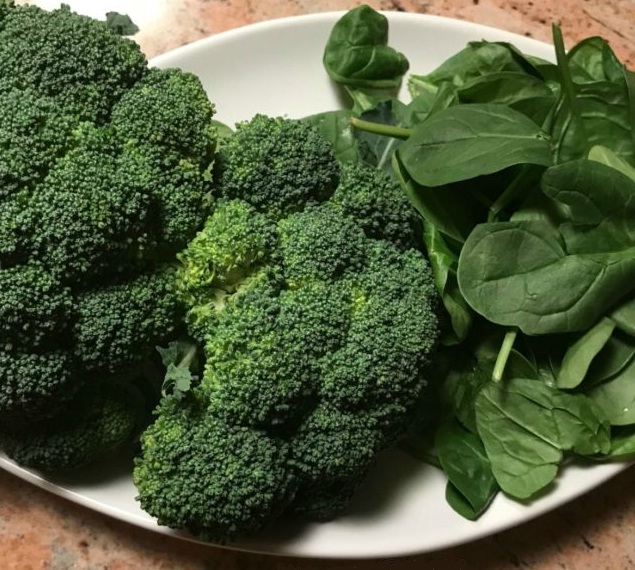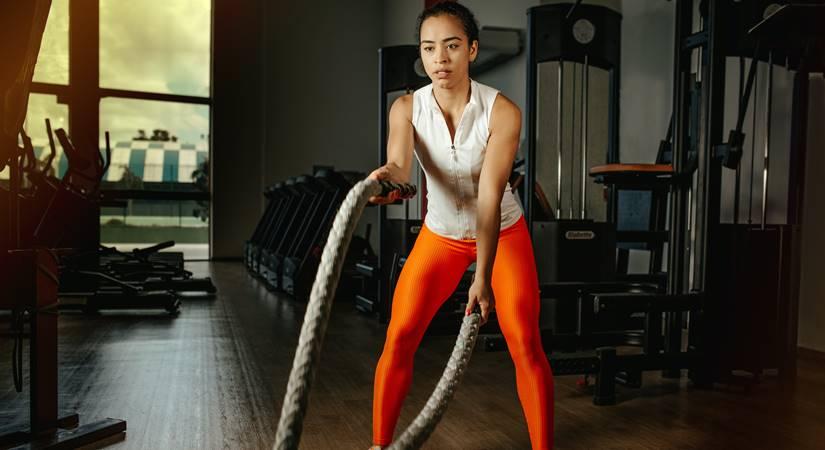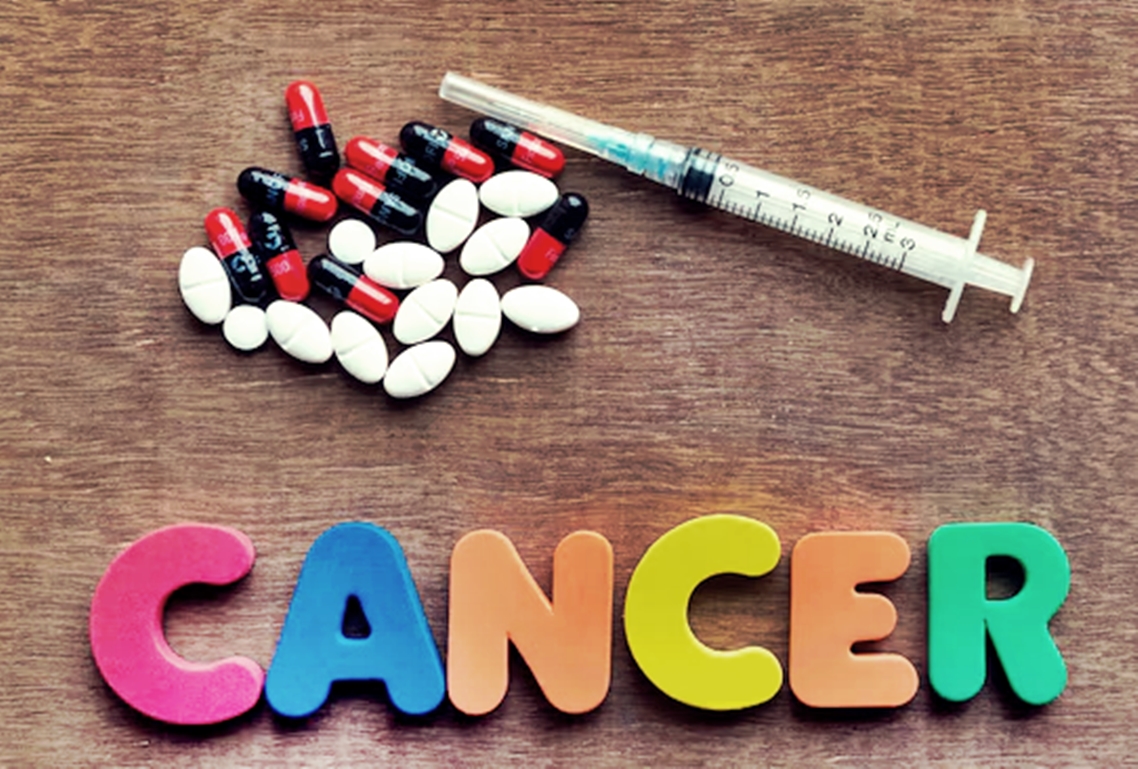The study found that the most active participants—those who engaged in consistent, moderate activity—were 25% less likely to develop cancer compared to the least active individuals
In a surprising twist, everyday household chores like vacuuming, gardening, and even dusting can help lower the risk of developing cancer. Recent research led by Professor Aiden Doherty, a health expert at Oxford University, reveals that engaging in low-intensity activities, such as those commonly performed during housework, can have a significant impact on reducing cancer risk.
The study, which tracked the physical activity of more than 85,000 middle-aged participants using activity-monitoring wristbands, uncovered a clear link between consistent, moderate movement and a decreased likelihood of cancer. Professor Doherty emphasized that it’s not just about hitting the gym or engaging in vigorous exercise. Instead, simple, everyday movements can be just as beneficial.
“Our research highlights the importance of all forms of movement,” Professor Doherty stated. “It shows that people who engage in activities like walking, cleaning, and gardening, even at a low intensity, have a lower risk of developing cancer. Any level of physical activity appears to contribute to lowering cancer risk.”
The study found that the most active participants—those who engaged in consistent, moderate activity—were 25% less likely to develop cancer compared to the least active individuals. For instance, a person who walked 7,000 steps a day had an 11% lower risk of cancer compared to someone who walked just 5,000 steps daily.
While the results are promising, they underscore the significance of daily movement in all its forms.
Tasks that may seem mundane, like pushing a vacuum cleaner or tending to the garden, not only help maintain a clean home but also improve heart health and reduce cancer risk. By moving regularly, even in small bursts throughout the day, individuals can substantially improve their overall health.
The findings offer an encouraging message for those who might struggle to find time for traditional workouts. Whether it’s walking to the grocery store, sweeping the floor, or gardening, every bit of movement counts.
So, next time you pick up a broom or tend to your flowers, remember that these simple actions are not just helping to maintain a tidy home—they could also be playing a role in protecting your health, specifically in lowering your risk of cancer. By embracing these small, consistent physical activities, individuals can potentially reduce the likelihood of developing serious health conditions, making housework a surprisingly effective form of cancer prevention.













